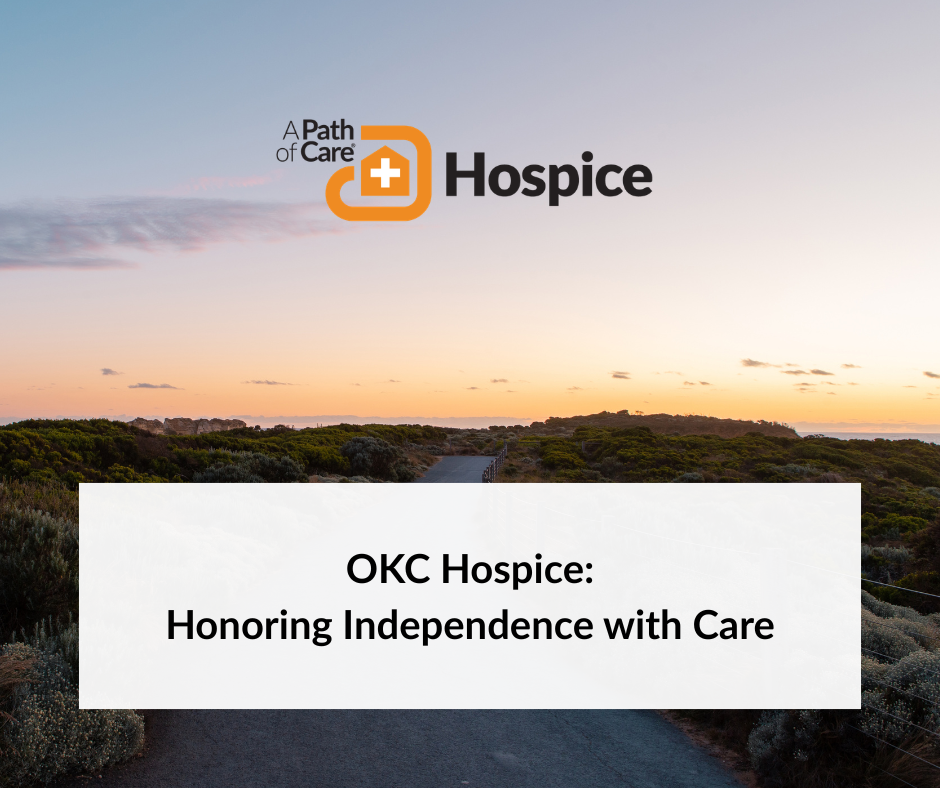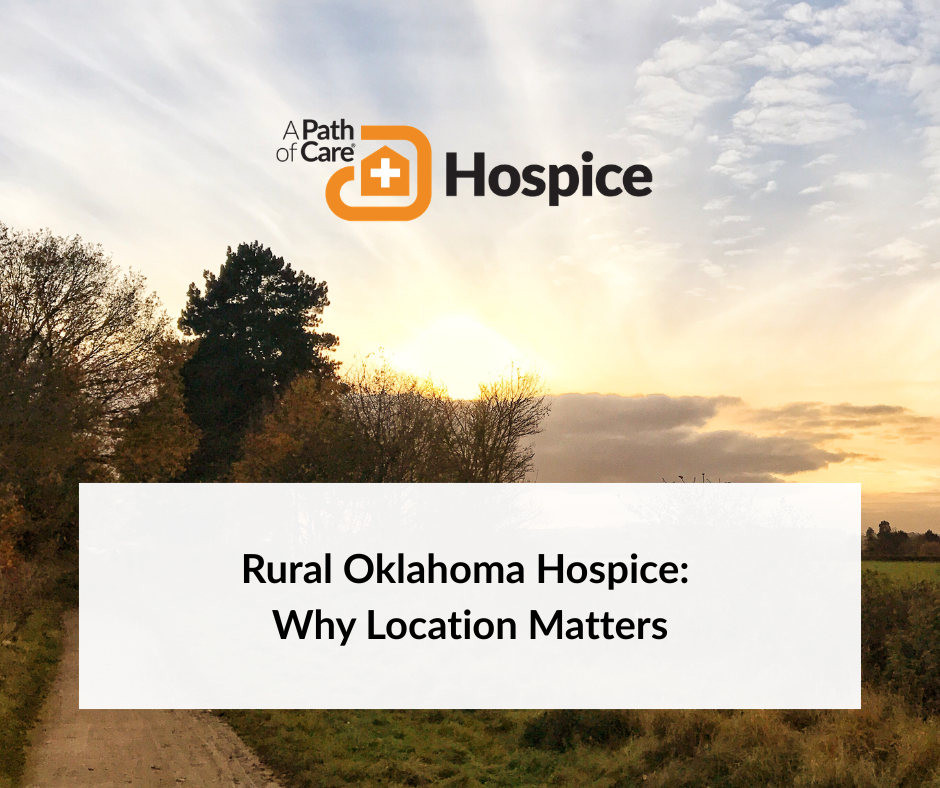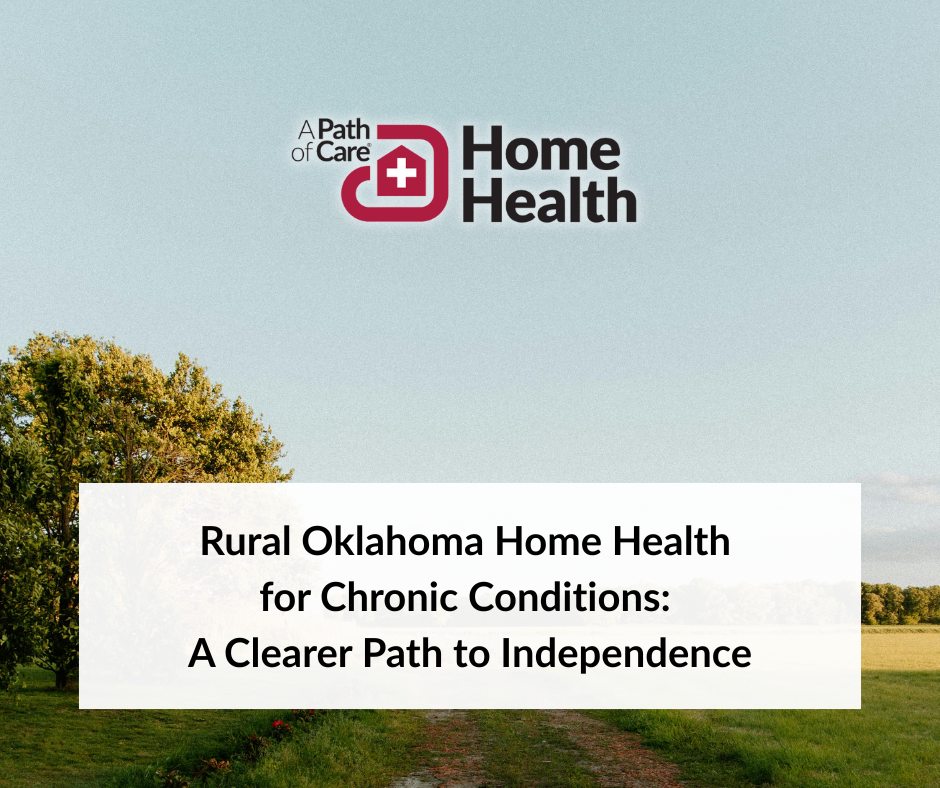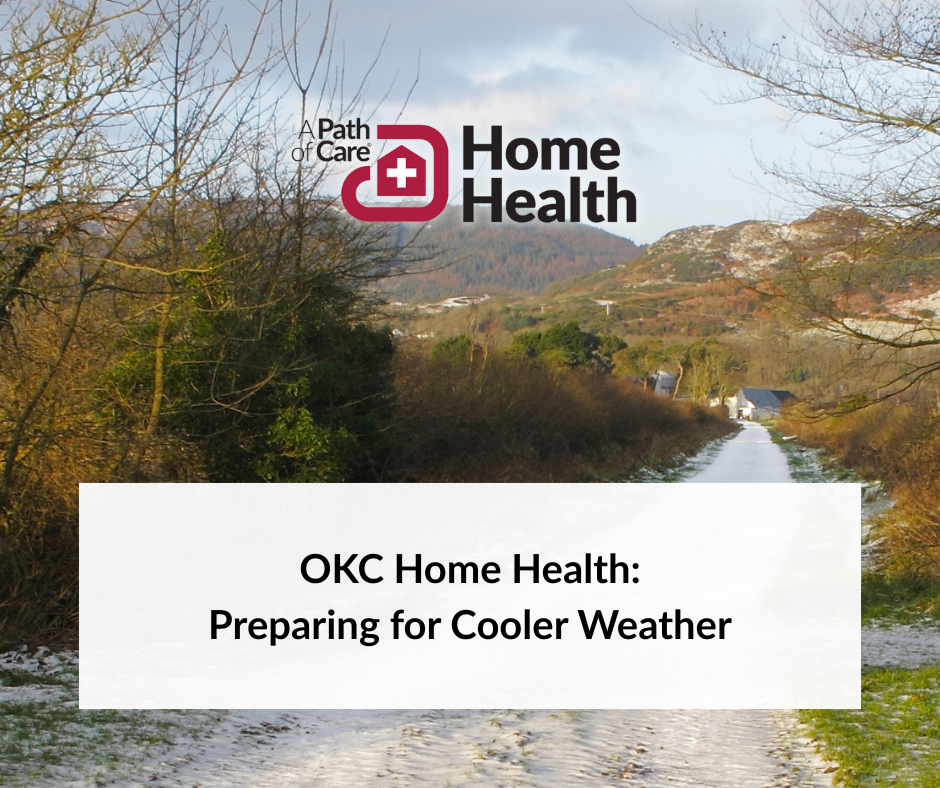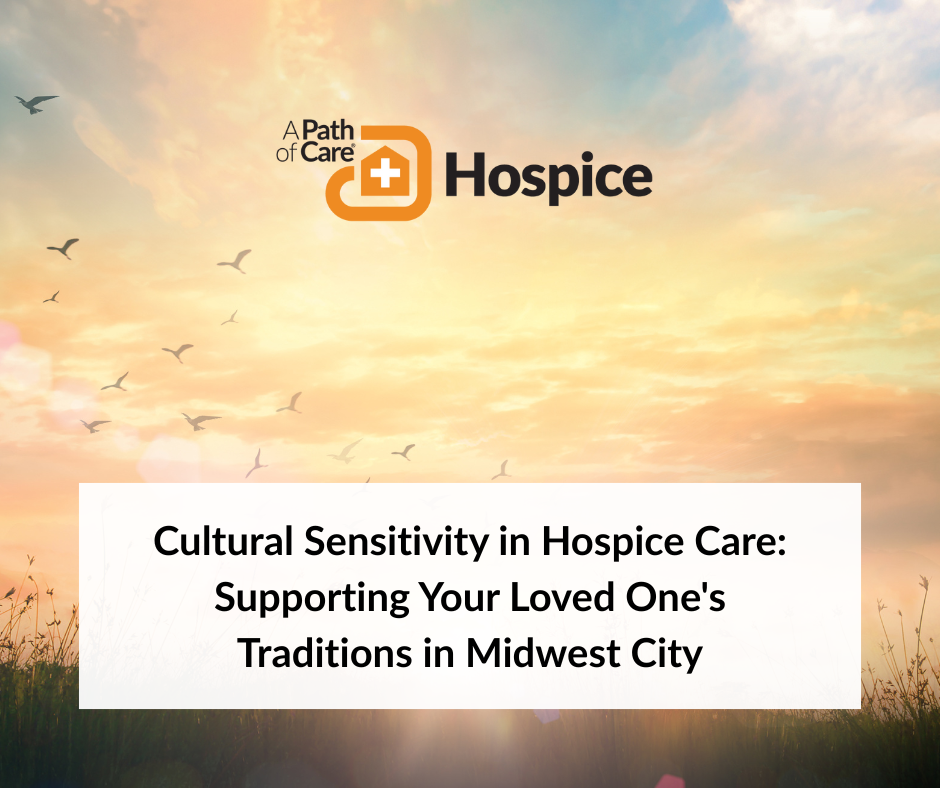When someone you love is living with a serious illness, you face countless challenges. You juggle daily responsibilities, their evolving needs, and your own complex emotions about what lies ahead.
During these difficult moments, having the right support makes all the difference. Hospice services provide guidance with genuine care and compassion so your loved one’s wishes receive proper attention, their pain is well-managed, and you can still make meaningful memories together.
Understanding the Difference: Hospice and Palliative Care
When doctors diagnose a serious illness, you'll often hear about both hospice and palliative care. While these services share the goal of providing comfort, they serve different purposes:
- Palliative care relieves symptoms at any stage of a serious illness. It focuses on comfort, symptom control, and quality of life, working alongside treatments that aim to cure.
- Hospice care provides specialized palliative support. We design it specifically for people in the final phase of a life-limiting illness who no longer seek curative treatments. We focus on preserving dignity, relieving pain, and supporting both you and your loved one.
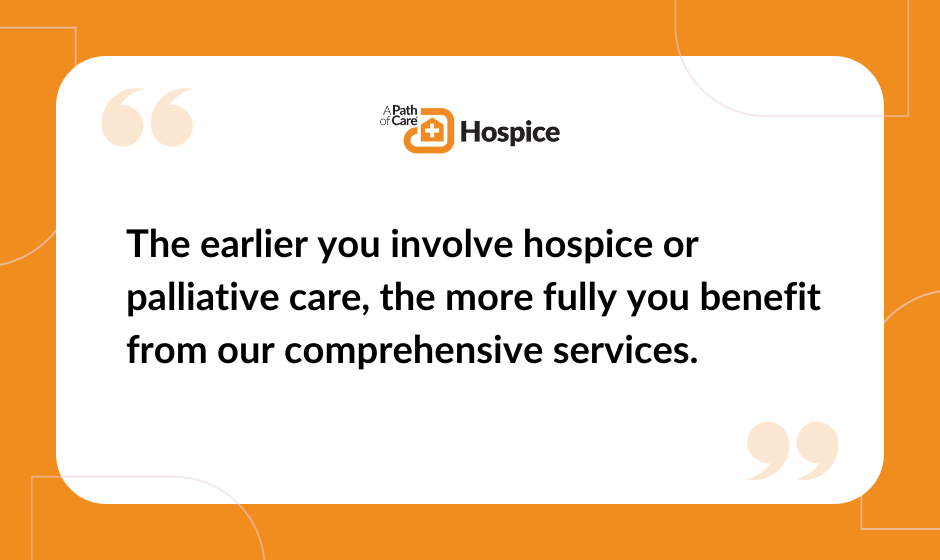
Remember, you don't need to wait until the final days to reach out. The earlier you involve hospice or palliative care, the more fully you benefit from our comprehensive services.
Creating Meaningful Final Moments
End-of-life care extends beyond symptom management to focus on making time meaningful. Many Tulsa families find comfort spending quiet moments together outdoors. When possible, visiting local parks like Woodward Park or Gathering Place offer serene settings for gentle walks, small picnics, or simply sharing stories.
We suggest keeping these moments simple and unhurried:
- Move at your loved one's comfortable pace
- Bring favorite treats or meaningful photographs
- Find a quiet spot to sit together, appreciating the surroundings
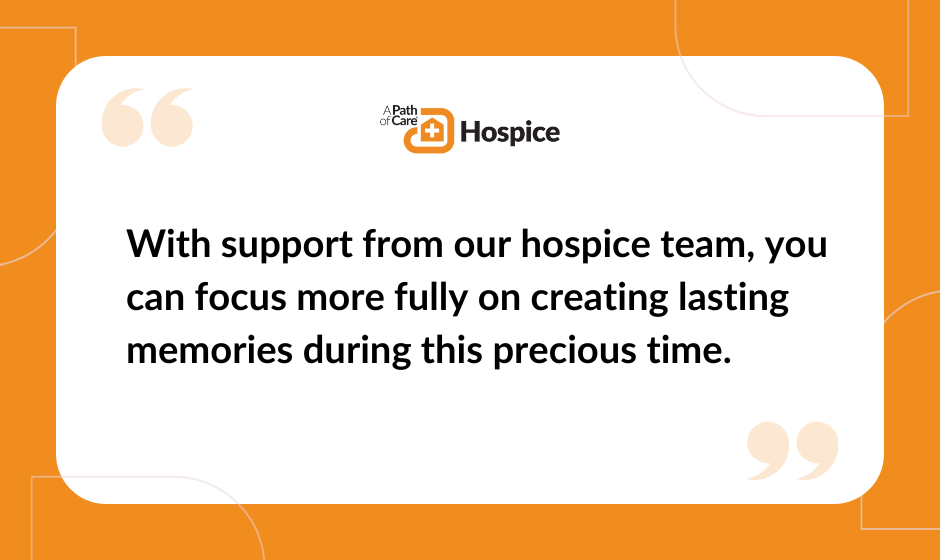
With support from our hospice team, you can focus more fully on creating lasting memories during this precious time.
Our team continues to work with the family for a year after the loss of a loved one. This helps in managing milestones like holidays, birthdays and anniversaries.
[[cta]]
Partner Resources: Tulsa Grief Support Coalition
Grief follows no schedule or timeline. That's why we encourage families to connect with local resources like the Tulsa Grief Support Coalition. They provide:
- Support groups tailored for adults, teenagers, and children
- Professional counseling, both individual and group-based
- Community gatherings focused on remembrance and healing
Whether you need a compassionate listener, support for younger family members, or a space to express complex emotions, these resources remain available throughout your journey.
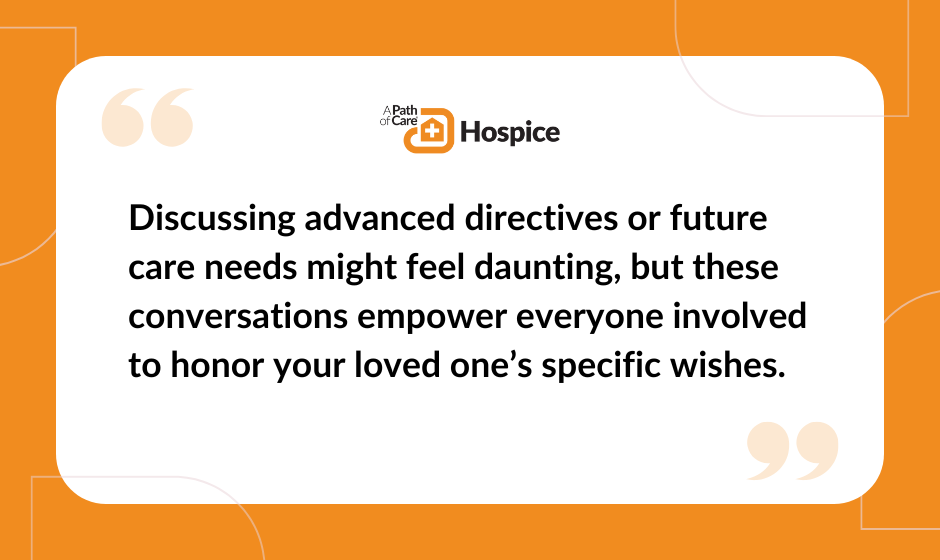
Starting Conversations About Advanced Care Planning
Discussing advanced directives or future care needs might feel daunting, but these conversations empower everyone involved to honor your loved one’s specific wishes.
Here's how to begin:
- Select a relaxed, private setting for your discussion
- Share your thoughts openly, even when difficult
- Listen attentively and encourage your loved one to express their preferences
- Use available resources like advanced directive forms to document decisions
At A Path of Care, our clinicians can guide you through this process, answer your questions, and help you take appropriate next steps.
Conclusion
Facing a loved one’s end-of-life is a huge challenge, but you never have to face it alone.
Whether you need help understanding care options or want connections to community resources, A Path of Care walks beside you every step of the way.
If you're ready to explore your options or need planning support, contact us today to learn how we can help your family navigate this journey with dignity and compassion.

